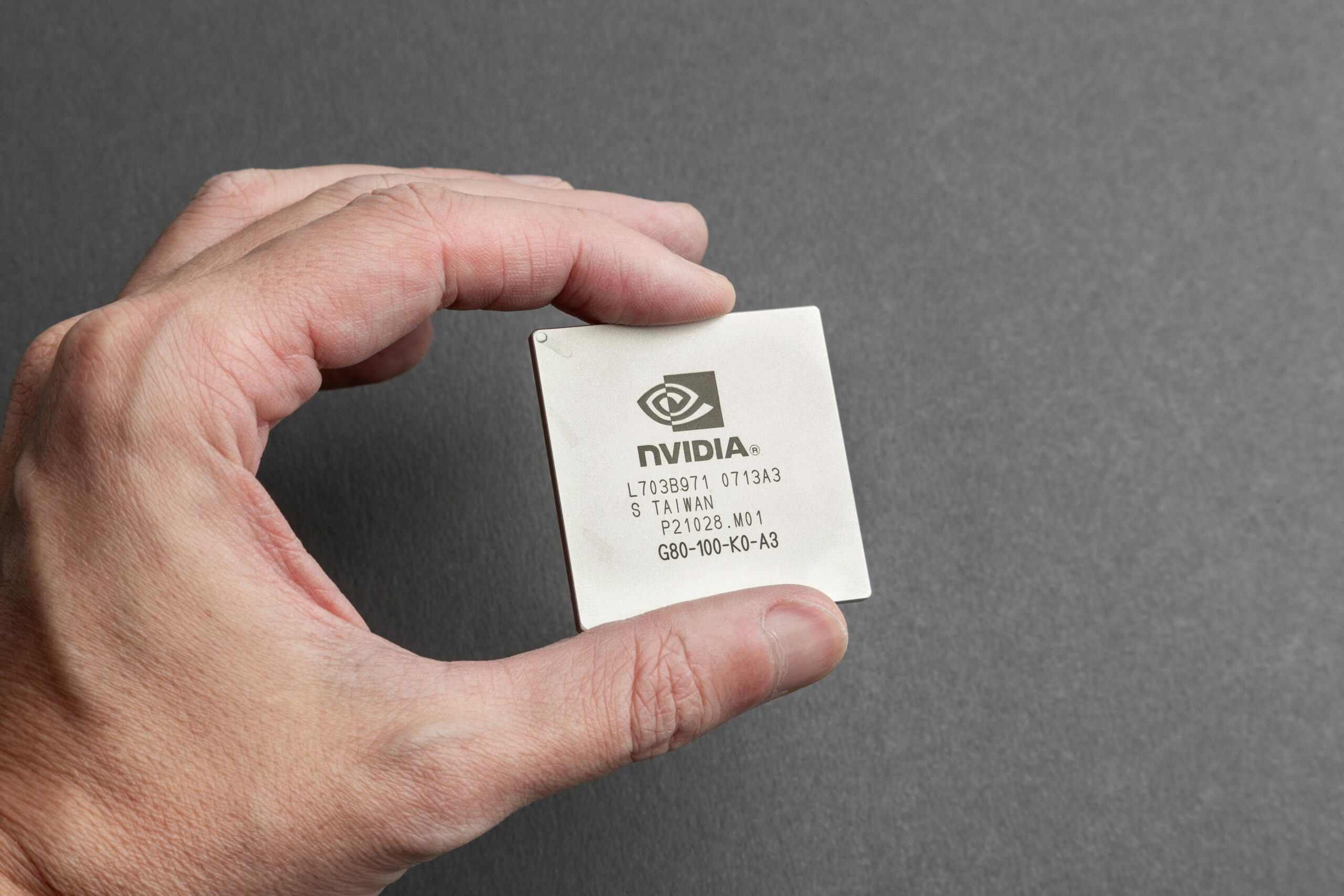
Nvidia’s H20 AI chips are expected to re-enter the Chinese market following assurances from the Trump administration last month, which allowed a resumption of exports after an effective ban in April. Despite this, experts predict the return won’t generate the same level of enthusiasm due to mounting regulatory scrutiny and fierce competition from domestic Chinese AI chipmakers.
Market Share Faces Pressure from Local Competitors
According to Bernstein’s recent report, Nvidia’s market share of AI chips in China is forecasted to fall to 54% in 2025, down from 66% in 2024. This decline is partly because Chinese manufacturers like Huawei, Cambricon, and Hygon have capitalized on U.S. export controls to grow their presence in the booming domestic market.
Bernstein notes, “The localization ratio of China’s AI chip market will surge from 17% in 2023 to 55% by 2027.”
Other analysts, such as Daniel Newman of The Futurum Group, remain more optimistic about Nvidia’s recovery but acknowledge that some customers have shifted loyalty to Chinese alternatives during the export restrictions.
Nvidia CEO Jensen Huang has been advocating for expanded access to the Chinese market, arguing that export controls hinder U.S. technological leadership. While the rollback of restrictions was partly a trade negotiation outcome, analysts agree easing controls could increase U.S. influence by maintaining dependence on American technology.
Reva Goujon from Rhodium Group explained, “Keeping U.S. technology companies in the China game helps preserve and potentially grow geopolitical leverage.”
Rhodium Group also forecasts a potential “sliding scale” approach to export controls, offering graduated access as Chinese chipmakers advance.
Continued Chinese Push for Domestic AI Infrastructure
Though Nvidia chips will be more accessible, China is unlikely to ease its push for homegrown AI infrastructure. The recent meeting between Nvidia and China’s Cyberspace Administration over alleged security concerns, including potential chip backdoors, signals Beijing’s intent to tightly regulate foreign AI technology.
Nvidia has denied these allegations, stating no backdoors exist in its chips.
Daniel Newman believes Beijing’s scrutiny aims to maintain leverage over foreign AI suppliers, keeping options open to restrict imports if domestic technology becomes competitive.
U.S.-China trade tensions continue to complicate Nvidia’s position. Past incidents, such as Micron Technology’s failed cybersecurity review and market restrictions, highlight ongoing risks for American chipmakers operating in China.
Newman adds, “The complexity of China-U.S. trade relations will likely cause further challenges as negotiations progress and China solidifies its AI strategies.”
Author’s Opinion
While Nvidia’s return to China marks a partial victory, the landscape is increasingly competitive and politically charged. Chinese companies are rapidly scaling up, and regulatory hurdles suggest Nvidia’s market dominance will continue to erode. The company must balance navigating geopolitical tensions with innovation to maintain its leadership in AI chips.
Featured image credit: Stas Knop via Pexels
For more stories like it, click the +Follow button at the top of this page to follow us.
